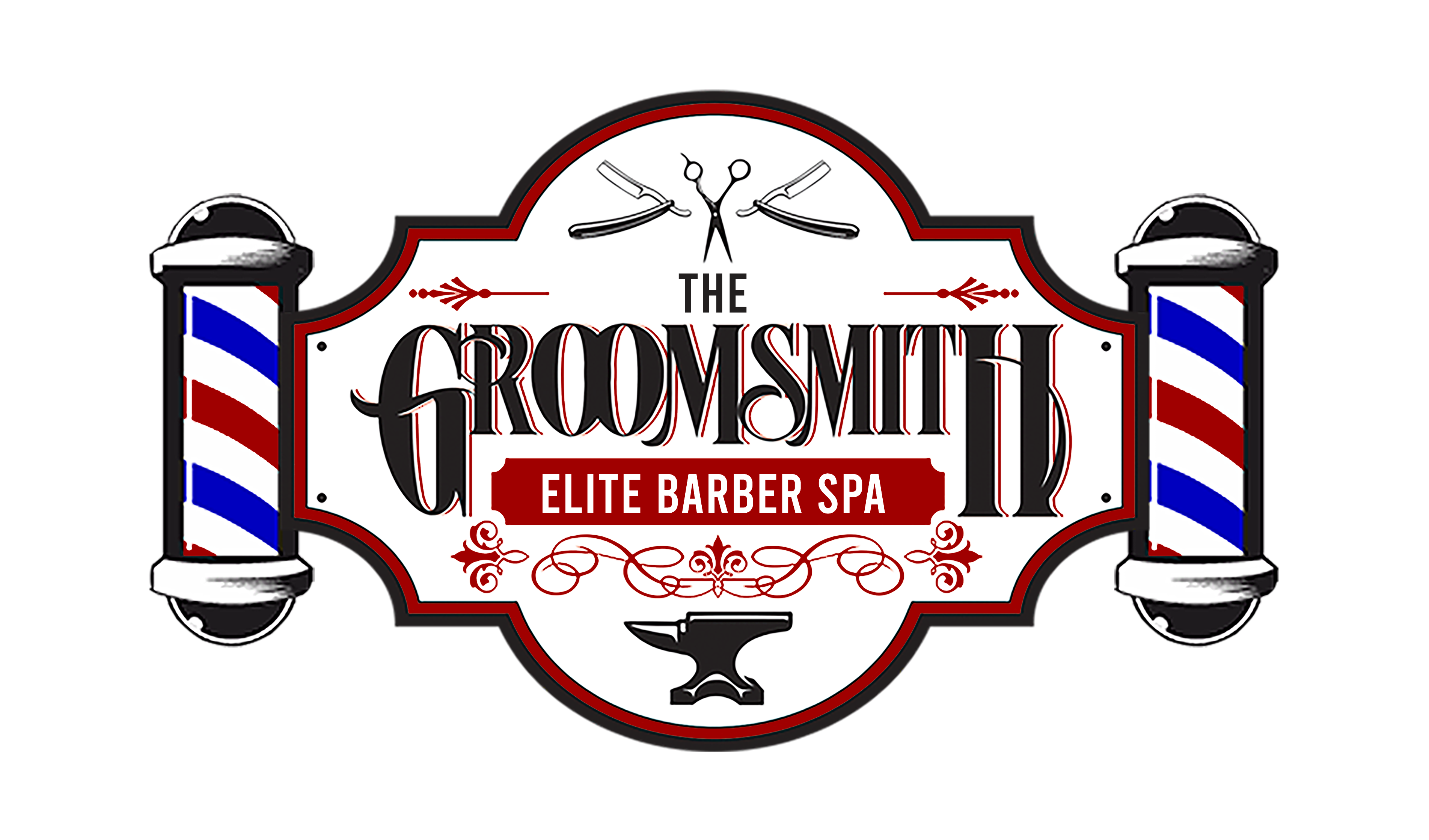The Growth Process
Beard growth is a fascinating process. On average, beard hair grows about half an inch per month, and it typically takes two to four months to grow a full beard. Surprisingly, if left untrimmed, studies indicate that the average beard can reach up to 3 feet in length. However, it's worth noting that a beard usually won't grow longer than its six-year maximum potential.
Factors Influencing Beard Growth
Genetics: The type of beard you can grow is largely determined by your genetic makeup. While you may not inherit the exact same beard as your ancestors, the genes governing traits like coarseness, color, and terminal length are passed down through generations.
Age: Beard growth is closely tied to age. While some individuals start developing facial hair as early as 13, the most significant growth typically occurs between the ages of 25 and 35. As men age, the rate of growth tends to slow down.
Testosterone: Higher levels of testosterone contribute to the growth of facial and body hair. However, elevated testosterone levels may also increase the risk of baldness due to dihydrotestosterone (DHT).
Exercise: Regular exercise, particularly weight training, can boost testosterone levels, thus promoting beard growth. Compound movements like pushups, pull-ups, squats, and deadlifts are especially effective.
Diet: A balanced diet rich in protein, vitamins (particularly B, C, and D), and minerals (such as zinc and iron) is essential for maintaining healthy beard growth. Protein is particularly crucial as it forms the building blocks of hair.
Sleep: Quality sleep is vital for optimal beard growth. During sleep, the body experiences increased blood circulation, which benefits hair follicles by delivering essential nutrients.
Stress: Stress can negatively impact beard growth by weakening the immune system. Managing stress levels is important for maintaining healthy hair growth.
Smoking: Smoking can have detrimental effects on overall health, including hair loss. Quitting smoking can help preserve beard health and promote growth.
In conclusion, while genetics play a significant role in determining beard growth, lifestyle factors such as diet, exercise, sleep, and stress management also play crucial roles. By adopting a healthy lifestyle and proper grooming habits, you can optimize your beard growth potential.

